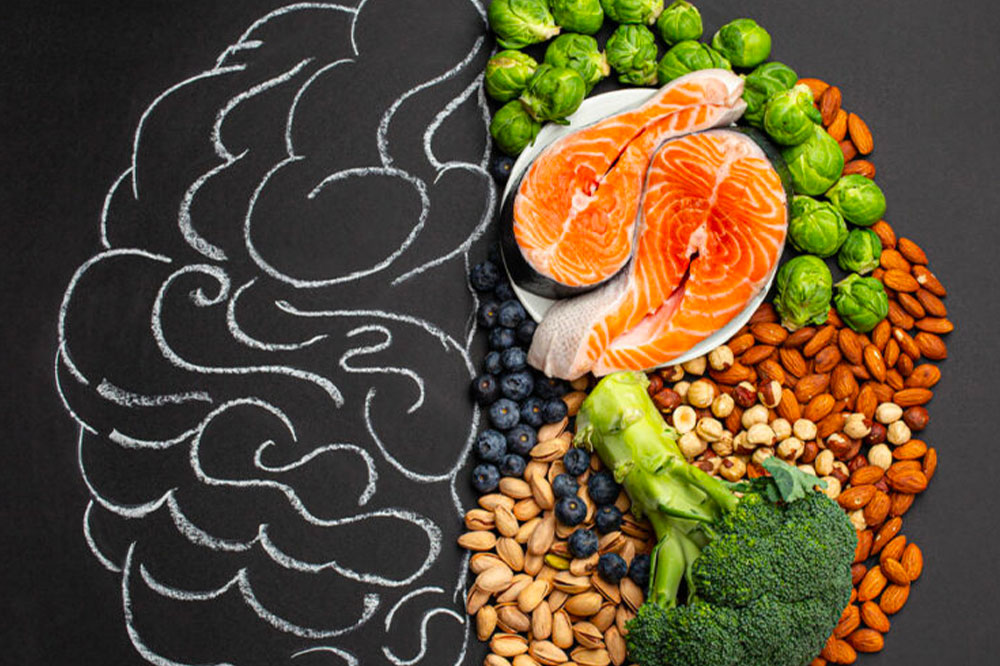4 ways food impacts one’s mental health

Studies show that a person’s emotional and mental health are closely related to what they consume. A change in eating habits and lifestyle is frequently the first line of treatment for patients suffering from depression or other mental health conditions. Every individual’s nutritional needs are distinct. But barring allergies, everyone can rely on food to improve their cognitive functions and emotional state. Here are some ways that show how food impacts one’s mental health.
Brain chemicals and the gut
Science has termed the gastrointestinal tract the body’s “second brain.” Trillions of bacteria in one’s gastrointestinal tract help the brain produce dopamine and serotonin. These chemicals are mood stabilizers responsible for regulating one’s feelings of calmness, happiness, motivation, and rewards. It is believed that gut bacteria produce 95 percent of the body’s supply of serotonin. Nutrition-rich food promotes the growth of good bacteria that support the production of these chemicals.
Insulin resistance
On the contrary, processed and sugary foods are toxic to brain functioning. The high sugar content in foods strains the pancreas and results in insulin resistance. This, in turn, increases cortisol and glucagon levels. These neurotransmitters make one feel more anxious, fatigued, hungry and irritated.
Nutrient deficiency and mood
The nervous system and brain depend heavily on nutrition to produce new proteins and repair cells and tissues. Studies show that vitamin deficiencies, particularly cobalamin, folate, and zinc, are directly linked to depressive symptoms like irritability, cognitive impairment, and dementia. So, any nutrient deficiency directly impacts one’s emotional and mental state. On the other hand, Omega-3 fatty acids help maintain cognitive processes, including memory and mood. The nutrient also plays a role in regulating neurotransmission, gene expression, and neurogenesis. Similarly, magnesium is considered to be a stress antidote.
Refined foods and brain functioning
Sugar and processed foods inflame one’s gut and body. These foods include sweetened soft drinks, caffeinated drinks, sugar-filled snacks like donuts and candies, fried chips, red meat, processed cereals and snacks, and other refined foods. These foods deregulate one’s blood sugars, affect one’s energy levels and sleep patterns, and lead to stress. Preservatives and additives have also been linked to the symptoms of hyperactivity and depression.
One can instead opt for fermented foods and drinks containing live bacteria to boost gut health. Alternatively, one can consume plenty of leafy greens, soaked nuts and seeds, seasonal fruits, lentils, whole grains, eggs, and seafood containing powerful nutrients to boost mental and physical health.
Apart from foods, certain health products can also negatively affect an individual’s mental well-being. For example, research studies have shown that about 6.4 percent of people who use hormonal contraception, such as the Mirena IUD, tend to experience depression within five years.



